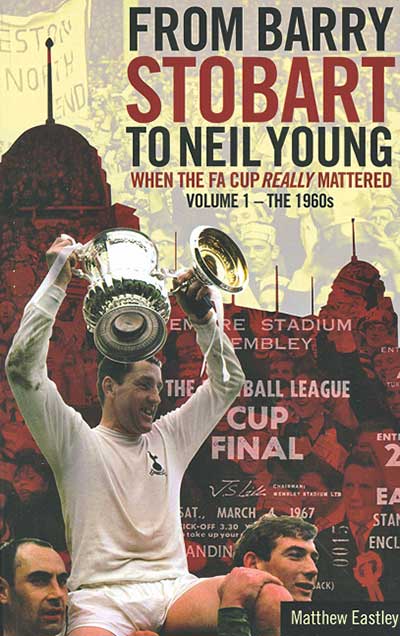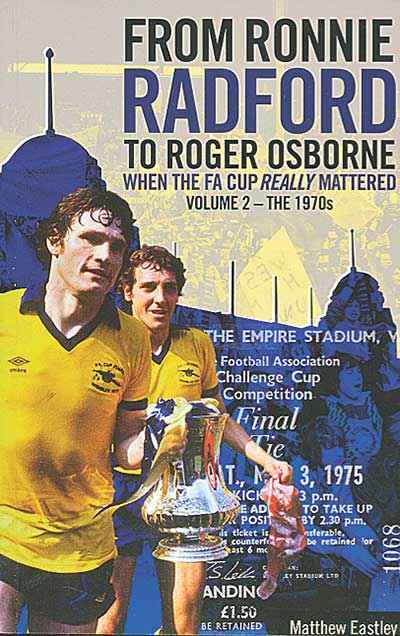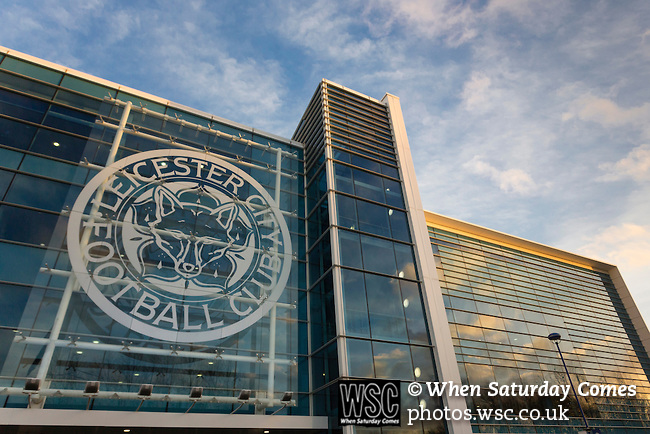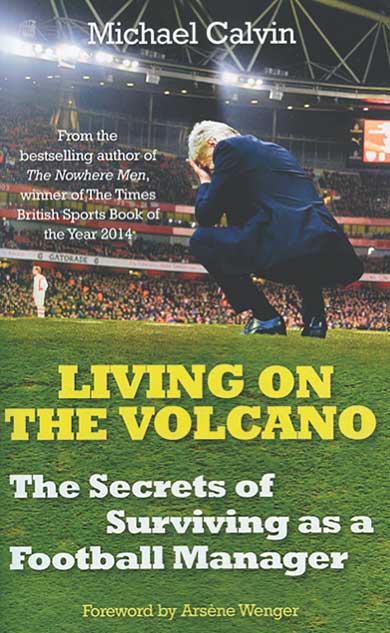
 From Barry Stobart
To Neil Young
From Barry Stobart
To Neil Young
When the FA Cup really mattered vol 1 – the 1960s
by Matthew Eastley
Pitch Publishing, £14.99
From Ronnie Radford To Roger Osborne
When the FA Cup reallymattered vol 2 – the 1970s
Pitch Publishing, £14.99
Reviewed by Adam Powley
From WSC 336 February 2015
Buy this book
There’s a game that’s been doing the rounds among fans of a certain age for a while. It involves being asked to name every FA Cup-winning club from a starting point – usually the mid-1960s – up to the present day. The respondent can invariably name each one, until he or she gets to the late-1990s, when all finals seem to blur into one boring, “Big Four”-dominated melange.
The point is to illustrate that the FA Cup is so obviously not what it used to be that it means we forget the recent past and savour the more distant. Memory can play curious tricks, however, and as Matthew Eastley shows, plenty of the finals during those supposed golden years of the 1960s and 1970s were far from being the classics of popular imagination.
For every totemic game and incident – Everton fan Eddie Cavanagh leaving pursuing police trailing in World Cup year, Chelsea battling Leeds in 1970, Sunderland embarrassing Leeds in 1973 (the best chapter in this double offering) – there are mediocre and pallid matches that undermined the final’s claim to its status as the biggest game of the season.
Yet the myths endure. Eastley writes extensively on every year in each decade, drawing on recollections of the fans who were there. Blended with references to newspaper stories and often laboured connections to hit singles of the day, the tale of each competition is told in present tense. The narratives are common: the thrill of the third round, building excitement as a Cup run gathers momentum and the agonising tension of semi-final day. The finals themselves express the wide-eyed wonder felt by supporters present for the great occasion, and the extreme emotions of victory and defeat. These really were games that mattered.
Other testimonies dare to contradict the orthodoxy. Hooliganism increasingly becomes a problem, even at finals. There are also the horrendous problems with ticketing and the annual disgrace that (then and now) saw loyal fans of competing clubs miss out while the touts enjoyed massive paydays. Eastley’s books do make some missteps. Many of the interviews read suspiciously like they were conducted via email, betraying a lack of natural conversational flow, and there is a lot of cliche. Clubs are “beloved”, Abide With Me sends “shivers down spines” and the experience, of course, is a “rollercoaster”.
But then FA Cup nostalgia is one big cliche. The competition’s rituals and customs have become the game’s liturgy, and its progress defined the rhythms of the season. League titles lacked the prestige and glamour of football’s great occasion. It was a Wembley FA Cup final everyone dreamed of seeing their team play in, and even if the old stadium was rundown as early as the 1960s, the whole event still rendered fans giddy and touchingly emotional.
Now, sadly, it is an afterthought, an inconvenience that gets in the way of the more lucrative Premier and Champions Leagues. The FA Cup is football from a different time and age – when, as Eastley delightfully shows, referees from Merthyr Tydfil named their house “Offside”, workmates generously strove to source a final ticket for a teenage colleague and fans could sing “Ee Ay Addio We Won The Cup” with sincere pride and not a hint of embarrassment. Eastley recognises the special place the Cup once had in fan affections and has created easy-going and perfectly justified wallows in nostalgia to suit.
Buy this book

 The secrets of surviving as a football manager
The secrets of surviving as a football manager
 From Barry Stobart
To Neil Young
From Barry Stobart
To Neil Young
